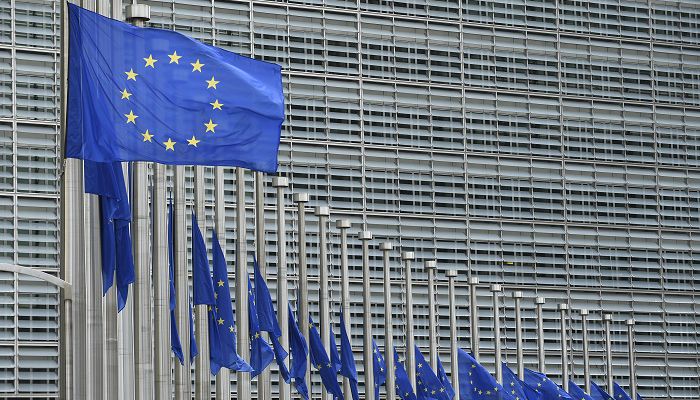The European Parliament has supported a battery of rules with a large majority to end the so-called ‘Far West’ on the internet. The MPs want, among other things, clear procedures for the removal of illegal content, greater insight into algorithms and a strict framework for personalized advertising, including a ban on the use of data from minors for such advertisements.
MEPs laid down their positions on the Digital Services Act (DSA) in Strasbourg on Thursday by 530 to 78 with 80 abstentions. Under the motto ‘what is illegal offline, must also be illegal online’, this Digital Services Act provides a framework that defines how social media, marketplaces and other online platforms should remove illegal products, services and content. Certain guarantees are built-in, for example, concerning freedom of the press and freedom of expression. Parliament will now negotiate final legislation with the member states and the European Commission. That could take a few months.
The European Parliament’s proposal imposes stricter obligations on the big tech giants because they pose the greatest risk for distributing illegal and harmful content. This includes mandatory risk assessments. The Commission wants to monitor closely. The companies risk fines of up to 6 percent of their worldwide annual turnover or even exclusion from the European market if they repeatedly flout the obligations. They must also provide insight into the black box of algorithms that determine what content each surfer is presented with.
In the preceding debate, competent European Commissioner Thierry Breton pointed out the law’s importance for the democratic system. “It has become clear to everyone that the lack of rules and democratic control over the decisions of a handful of major platforms can no longer be tolerated,” he referred to the storming of the US Capitol and the years of unchecked hate speech and disinformation on social media networks that preceded this event.
Parliament also backed strict rules around data collection and targeted advertising, the industry’s business model. For example, the personal data of minors may not be used for personalized advertisements, nor may it be used to target people based on information about political beliefs, sexual orientation, ethnic origin or other sensitive data. MEPs reject a general ban on targeted advertising for adults, but it should be just as easy for users to refuse them as they are to accept them.
According to Tom Vandenkdelaere (CD&V), Europe sets ‘a gold standard’ worldwide with this legislation. ‘Our legislation must lead to a change in mentality. Profit should not be above our safety. Big Tech will no longer be able to operate without rules and without accountability,” he says. Comparisons between the DSA and the renowned GDPR legislation are not far off. The immense lobbying effort already revealed that the interests are enormous.
Breton expressed his satisfaction in parliament that the lobbying efforts had been ‘vain’. However, the legislative work is not over. MEPs have yet to enter into negotiations with the member states. This is already underway for the Digital Market Act (DMA), the twin brother of the DSA that focuses on market forces and the level playing field for companies on the internet. France, which currently represents the member states in those negotiations, has the ambition to land as soon as possible, and at the latest by the end of June.



